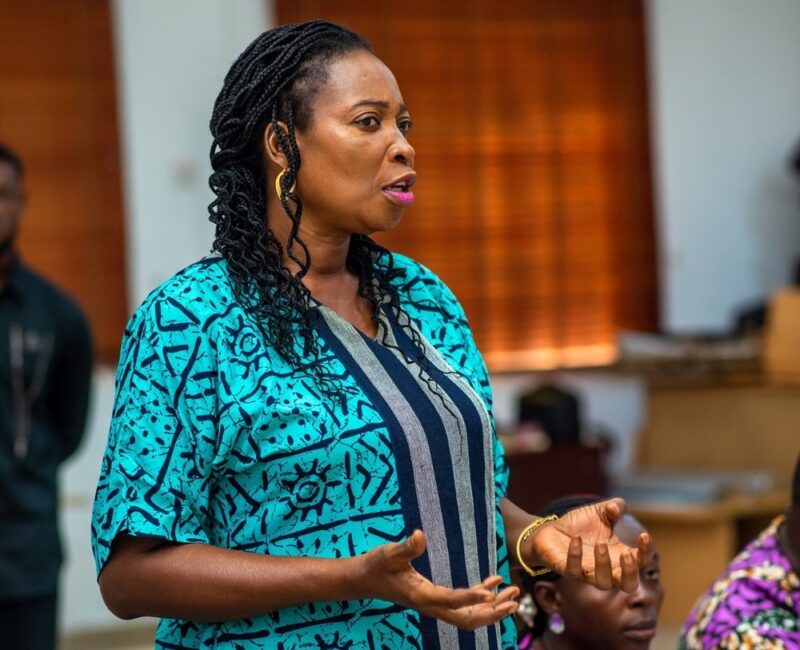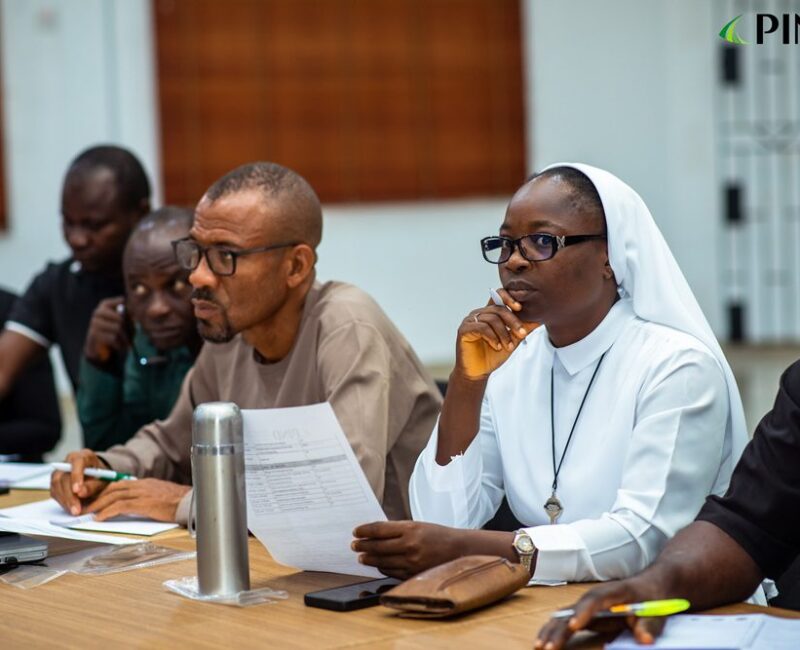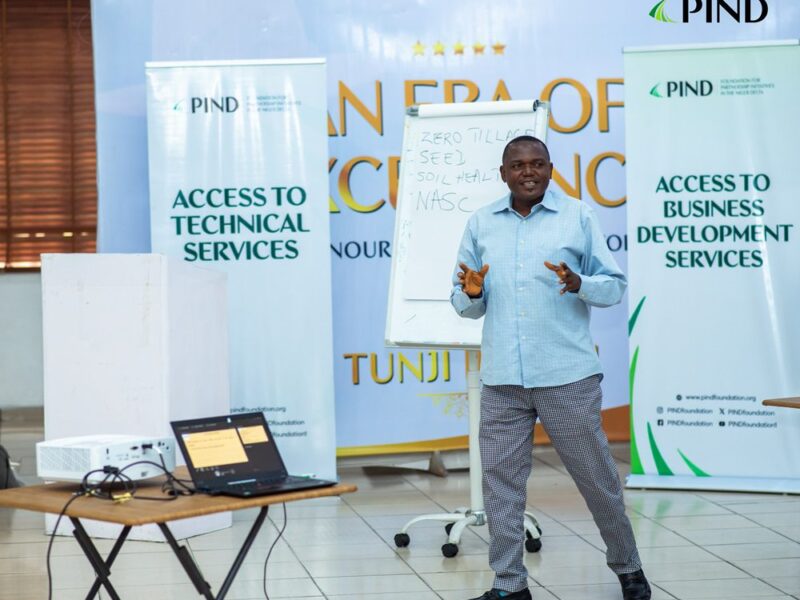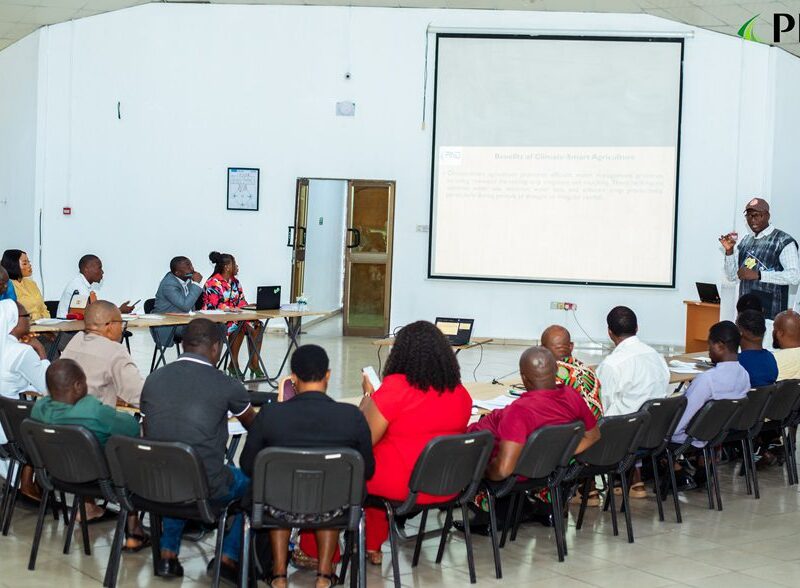To accelerate inclusive economic growth in the Niger Delta, the Foundation for Partnership Initiatives in the Niger Delta (PIND) conducted a three-day technical training and linkage workshop for 25 Technical Service Providers (TSPs) from April 23–25, 2025, at its Economic Development Centre in Warri, Delta State. This marks the first phase of a broader initiative under PIND’s Access to Technical and Business Development Services thematic area, aimed at scaling service agricultural and MSME support across the region.
Building Local Capacity for Climate-Smart Agriculture
The workshop equipped TSPs with technical and business skills to better serve smallholder farmers and MSMEs engaged in maize, cassava, vegetables, yam, cocoa, and oil palm value chains. Participants received training on climate-smart agriculture, input management, extension delivery, and market-driven approaches tailored to the Niger Delta context.
Mrs. Faith Emmanuel Soya, PIND’s Market Systems Development Manager, emphasized: “We are building resilient service ecosystems. Empowered providers mean stronger support networks that drive rural productivity and economic growth.”
Expert Facilitation and Digital Innovation
Facilitators from the National Horticultural Research Institute (NIHORT), Afritropic, and expert consultants provided practical training on greenhouse technologies, pest and disease control, fertilizer application, and post-harvest handling. Participants were also introduced to digital platforms like WhatsApp, Blink Hub, and AI Farmers Base, to extend advisory services remotely and scale impact across rural communities.
Scaling Sustainable Impact
Each trained TSP is expected to support at least 1,000 smallholder farmers, potentially impacting more than 25,000 farmers across the Niger Delta. This training is part of a phased strategy—with a second batch of 25 TSPs scheduled for later in 2025, aimed at strengthening local service markets and creating sustainable, scalable agricultural support systems.
Commitment to Inclusive Development
Beyond training, PIND will provide mentoring, field demonstrations, and digital follow-ups to ensure effective service delivery. Through initiatives like this, PIND continues to drive inclusive economic development, build local capacity, and foster resilience in rural communities across the Niger Delta.








